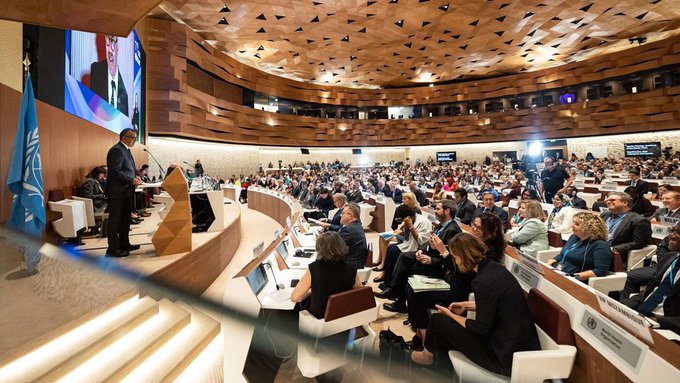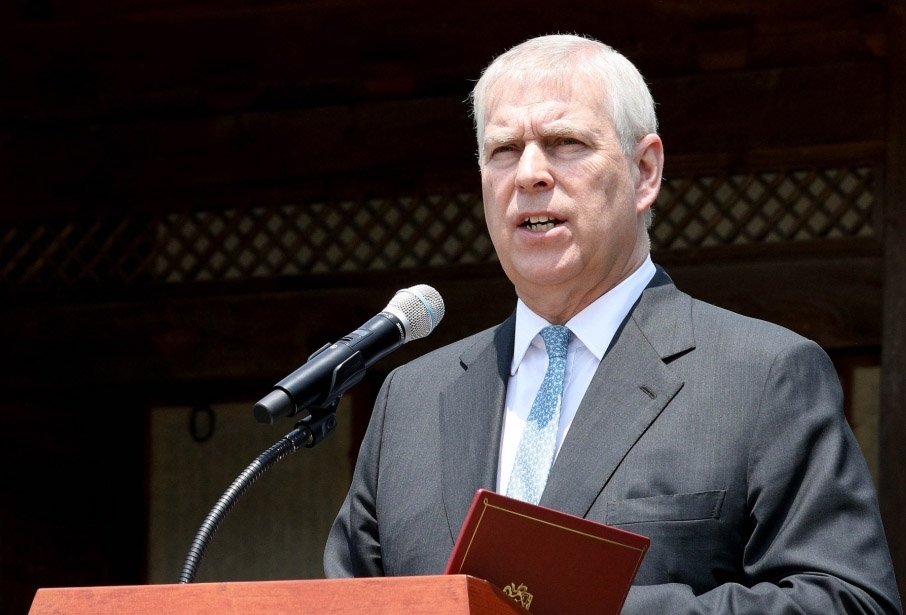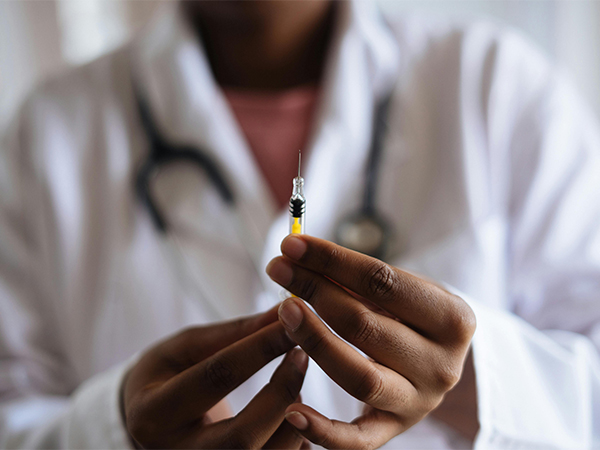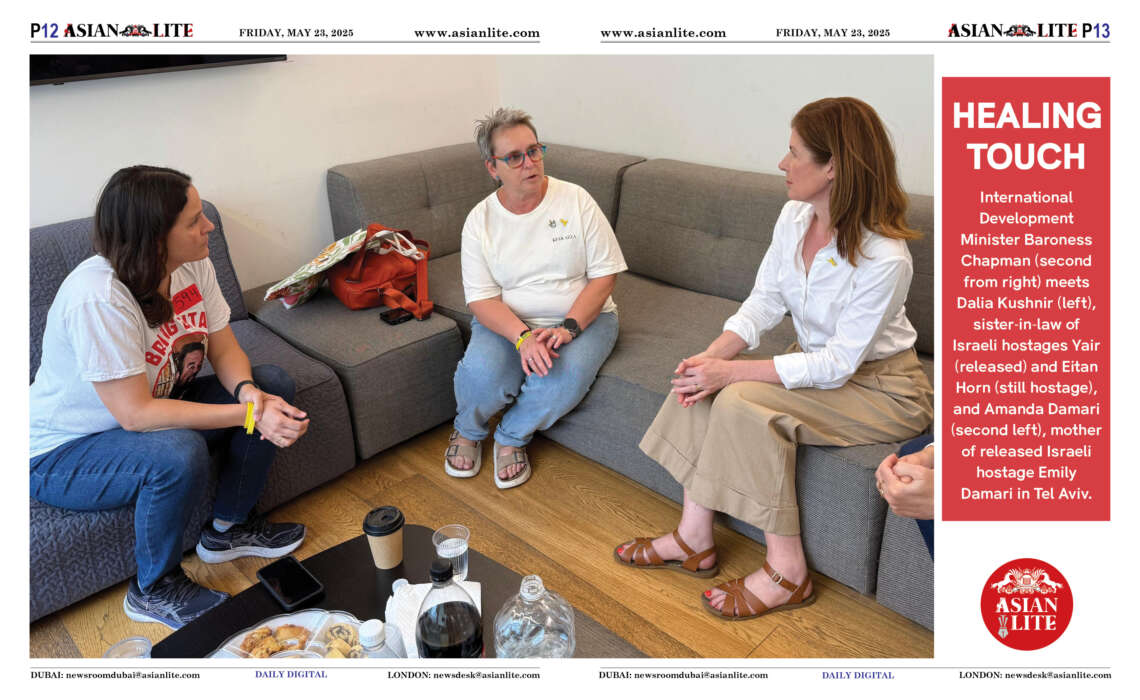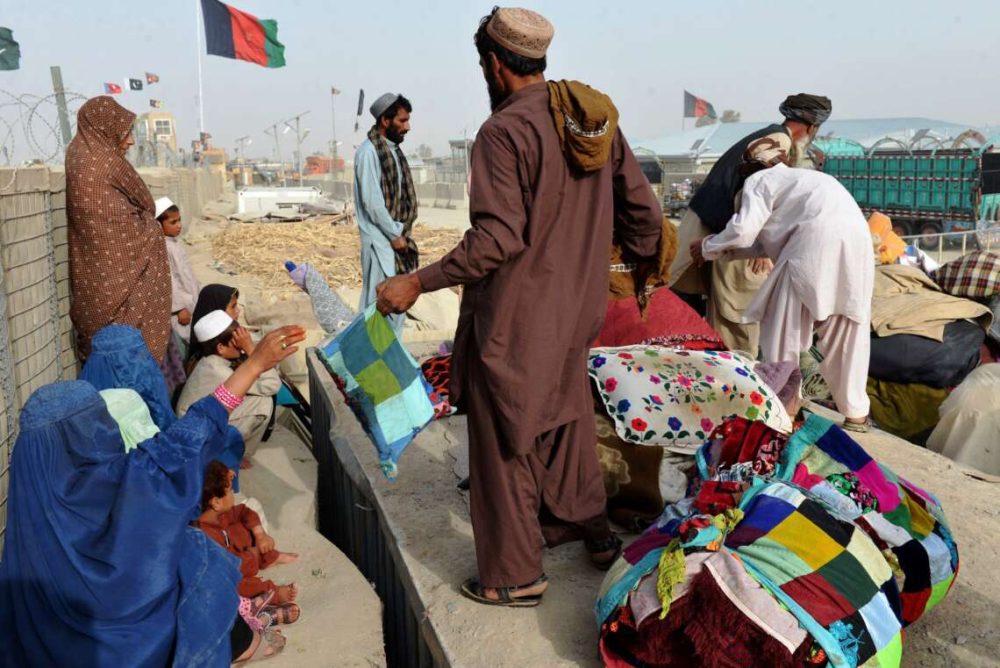The agreement seeks to boost international coordination and ensure equitable access to life-saving tools during future pandemics, while reaffirming respect for national sovereignty in public health decisions
In a move aimed at safeguarding global health, Member States of the World Health Organisation (WHO) have unanimously adopted the world’s first Pandemic Agreement at the 78th World Health Assembly.
The agreement seeks to boost international coordination and ensure equitable access to life-saving tools during future pandemics, while reaffirming respect for national sovereignty in public health decisions.
The WHO said, “Member States of the World Health Organisation (WHO) today formally adopted by consensus the world’s first Pandemic Agreement. The landmark decision by the 78th World Health Assembly culminates more than three years of intensive negotiations launched by governments in response to the devastating impacts of the COVID-19 pandemic, and driven by the goal of making the world safer from – and more equitable in response to – future pandemics.”
Tedros Adhanom Ghebreyesus, WHO Director-General, hailed the agreement as a victory for public health and said it will safeguard the world from future pandemic threats.
“The world is safer today, thanks to the leadership, collaboration and commitment of our Member States to adopt the historic WHO Pandemic Agreement. The Agreement is a victory for public health, science and multilateral action. It will ensure we, collectively, can better protect the world from future pandemic threats. It is also a recognition by the international community that our citizens, societies and economies must not be left vulnerable to again suffer losses like those endured during COVID-19,” Ghebreyesus said.
The governments adopted the WHO Pandemic Agreement today in a plenary session of the World Health Assembly, WHO’s peak decision-making body. The adoption followed yesterday’s approval of the Agreement by vote (124 in favour, 0 objections, 11 abstentions) in Committee by Member State delegations.
The WHO Pandemic Agreement sets out the principles, approaches, and tools for better international coordination across a range of areas, strengthening the global health architecture for pandemic prevention, preparedness, and response. This includes equitable and timely access to vaccines, therapeutics, and diagnostics.
Regarding national sovereignty, the Agreement stated, “Nothing in the WHO Pandemic Agreement shall be interpreted as providing the Secretariat of the World Health Organisation, including the Director-General of the World Health Organisation, any authority to direct, order, alter or otherwise prescribe the national and/or domestic law, as appropriate, or policies of any Party, or to mandate or otherwise impose any requirements that Parties take specific actions, such as ban or accept travellers, impose vaccination mandates or therapeutic or diagnostic measures or implement lockdowns.”
One of the key elements of the agreement is a “pathogen access and benefit sharing” system, which gives pharmaceutical companies access to scientific data such as pathogen samples and genomic sequences in return for more equitable sharing of drugs, vaccines and diagnostics during a pandemic, according to a report in Nature.
The treaty says participating manufacturers will have to allocate 10% of their production of vaccines, therapeutics and diagnostics to the WHO. Another 10% will then be supplied at “affordable prices”.
Also, member states should “promote and otherwise facilitate or incentivise” the exchange of technology and know-how to help manufacturers in developing nations make their own drugs and vaccines, the agreement says.
Countries also need to develop national policies for putting conditions on research into drugs and vaccines that they fund — given either to universities or companies — to guarantee “timely and equitable access” to resulting drugs or diagnostics during pandemics.
Michelle Childs, policy advocacy director at the non-profit organisation Drugs for Neglected Diseases Initiative in Geneva, told Nature, “Concretely, this means that when the next pandemic hits and a life-saving medicine developed thanks to taxpayer funding is unaffordable or unavailable, a government will be able to intervene for the benefit of its citizens and people in need around the world.”
Notably, the treaty has been agreed upon and adopted without the US. The country withdrew from negotiations after President Donald Trump came back to the White House in January, and announced his plans of withdrawing the US from the WHO.


